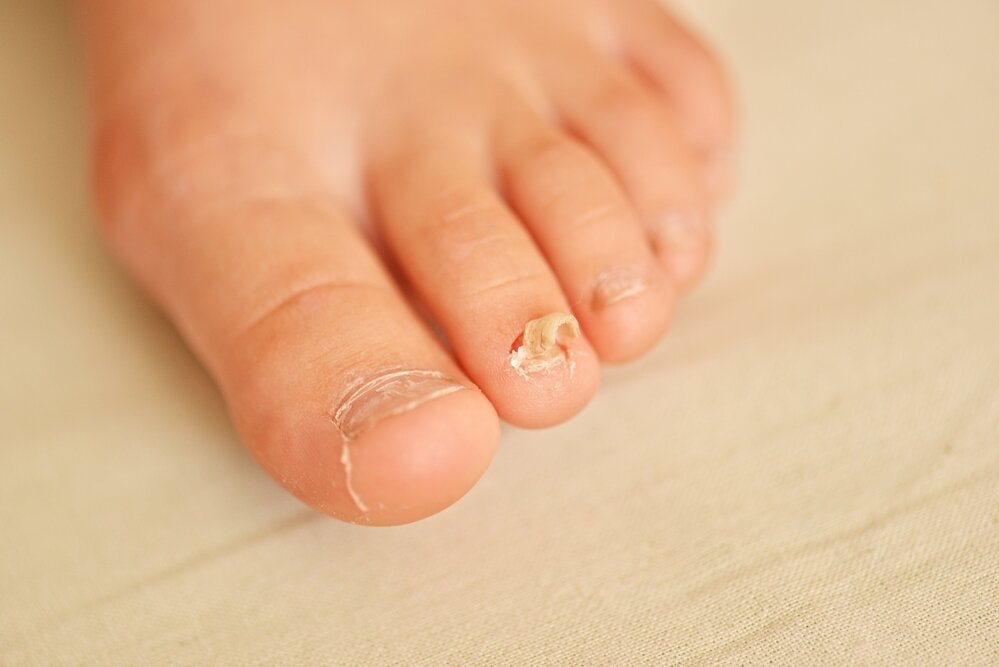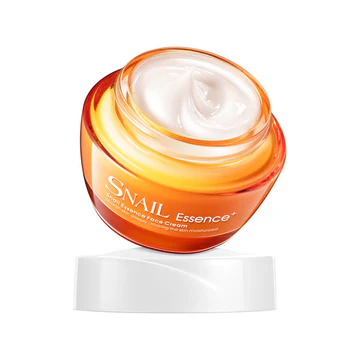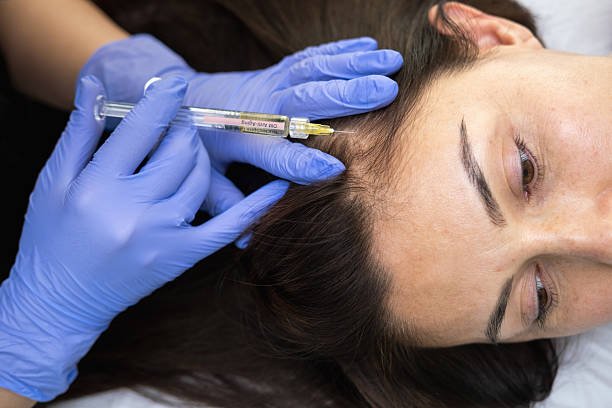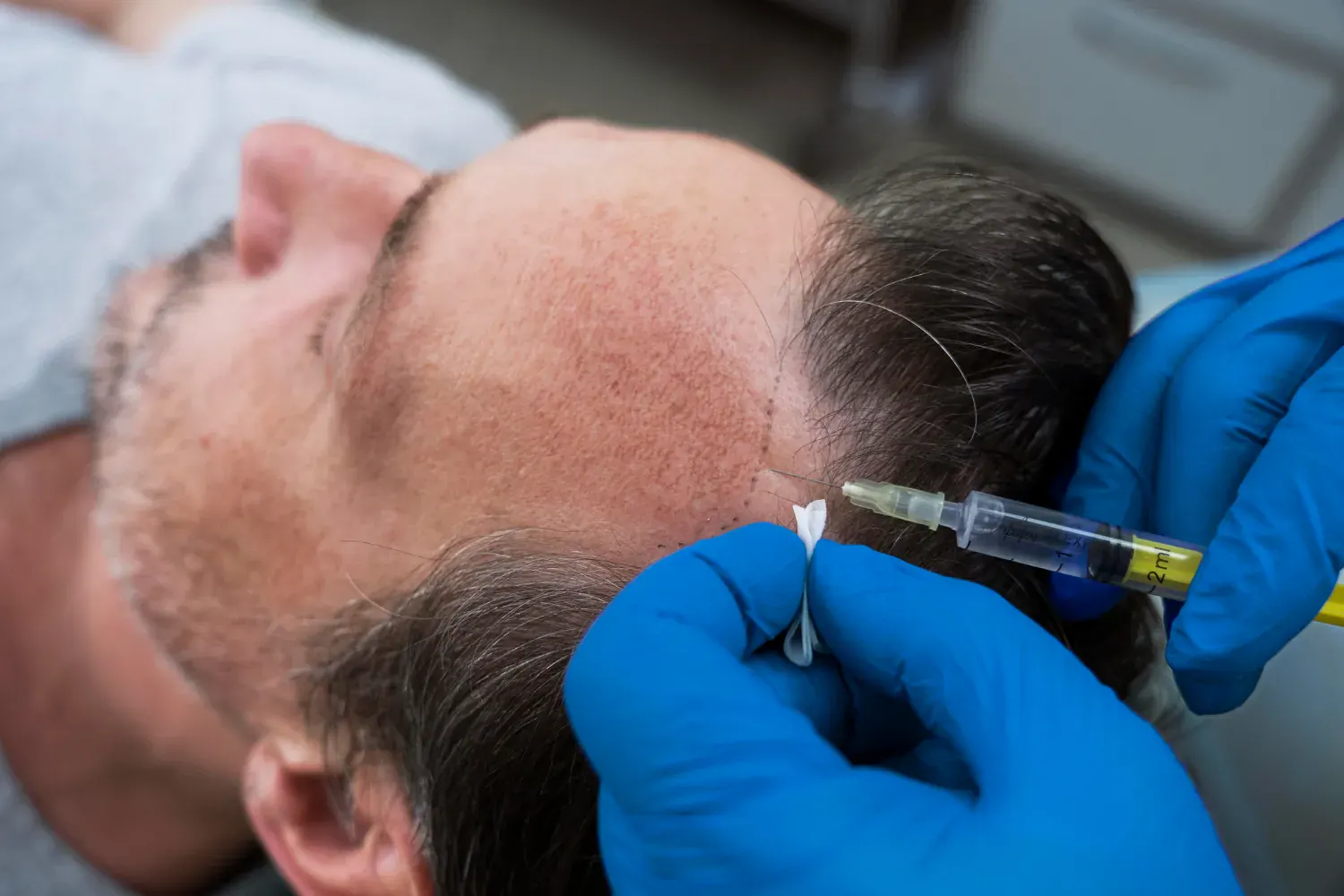Fungal nail infections are common and can affect anyone. They often begin as a small white or yellow spot under the nail. Over time, the infection can spread, making the nail thick, discoloured, or even painful. While it may seem like a small issue, fungal nails can become uncomfortable and hard to treat without proper care.
There are different ways to treat fungal nails. Some people respond well to oral medications, while others need surgical options to remove the infected nail. Choosing the best treatment depends on the severity of the infection and the patient’s health. A podiatrist can guide you through safe and effective methods.
Good foot hygiene and early treatment help prevent fungal nail problems from getting worse. However, some cases need more than just creams or sprays. That’s where expert care becomes important. People living in Edinburgh have access to Expert Podiatry services in Edinburgh that provide the right solutions for stubborn fungal infections.
In this blog, we will explore the causes of fungal nails and the treatments available. Let’s take a closer look at the following five points below:
- Causes of Fungal Nails
- When to See a Specialist
- Oral Antifungal Choices
- Surgical Nail Solutions
- Post-Treatment Nail Care
Causes of Fungal Nails
Fungal nails can start with a small infection. Most of the time, fungi enter through cracks in the nail. Moist environments and sweaty feet help the infection grow faster. Also, walking barefoot in public places like pools or gyms can increase the risk.
People with diabetes or weak immune systems are more likely to get fungal nails. Wearing tight shoes and not drying feet properly can also lead to problems.
Fungal nails may not hurt at first, but they can get worse over time. Thick nails, discoloration, and bad smell are common signs.
So, it’s important to take early action. If left untreated, the infection may spread to other nails or even the skin.
Therefore, keeping your feet clean and dry is the best way to stop fungal growth before it starts. Let’s now learn when to see a specialist for proper care.
When to See a Specialist
Sometimes home remedies are not enough. If the nail is getting worse or changing shape, you should see a specialist. Pain, swelling, or bleeding around the nail are also signs to take seriously.
A specialist knows how to check the nail properly. They can confirm if it’s really a fungal infection or something else.
Early care prevents further problems. Also, it helps avoid damage to the nail bed or surrounding skin. Many people wait too long, and the infection becomes harder to treat.
That’s why it’s important to act on time. Seeing a podiatrist can make a big difference.
Moreover, Expert Podiatry services in Edinburgh offer advanced tools and knowledge for treating fungal nails quickly and safely.
So, don’t ignore the signs. Visiting a professional helps you find the right solution faster.
Oral Antifungal Choices
Oral antifungal medicines are often used for moderate to severe fungal nail infections. These pills work from inside the body to fight the fungus.
They usually need to be taken for several weeks. However, the results can last much longer than creams or ointments.
These medicines are strong and very effective, but they may have some side effects. So, a podiatrist will check your health before giving you any oral treatment.
Also, regular follow-ups are important to make sure the medicine is working and not causing any issues.
Oral treatment is a good option when topical methods do not help. It can reach deep parts of the nail where creams cannot go.
Although results take time, oral antifungals can clear the infection completely.
Surgical Nail Solutions
In some cases, surgery is the best choice for treating fungal nails. This happens when medicines don’t work or the infection is very deep.
Surgical treatment may involve removing part or all of the nail. This gives the new nail a chance to grow without infection.
Though it sounds scary, the procedure is simple and usually pain-free. Local anesthesia is used to keep you comfortable during the process.
After surgery, proper care is needed to avoid infection and help the nail grow back in a healthy way.
Also, podiatrists will give you the right advice and follow-up care. That way, the infection won’t return.
Surgical methods are often very effective, especially when combined with antifungal creams.
Now that you know the surgical options, let’s understand how to take care of your nails after treatment.
Post-Treatment Nail Care
After treatment, nail care is very important. It helps prevent the infection from coming back.
You should always keep your feet clean and dry. Wearing clean socks and open shoes can help your nails breathe.
Avoid walking barefoot in public showers or pools. Also, trim your nails properly and never cut them too short.
Use antifungal powders or sprays if advised by your podiatrist. These can keep fungus away from your nails.
Also, go for regular check-ups with your podiatrist. They can check if your nails are healing well.
If you had surgery, follow all care instructions carefully. Keep the area clean and change bandages as told.
Good foot care habits are key to healthy nails in the future. With the help of Expert Podiatry services in Edinburgh, you can stay worry-free and active.
Conclusion
In conclusion, fungal nails can be treated with the right approach. Early care, expert advice, and proper hygiene make a big difference. Whether it’s oral treatment or surgery, trust trained podiatrists to guide you. Healthy nails begin with expert care and daily attention.
















Leave a Reply